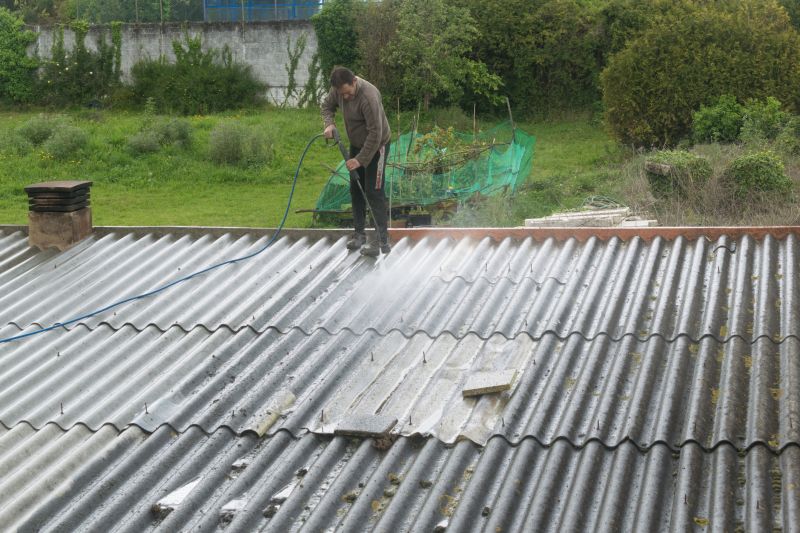Optimal Timing for Roofing Services
Understanding the optimal timing for roofing services can enhance the quality and longevity of the work performed. Weather conditions, temperature, and seasonal patterns play significant roles in scheduling roofing projects effectively.
Spring offers milder temperatures and longer daylight hours, making it suitable for roofing repairs and installations. Avoid scheduling during early spring if there is still a risk of late snow or rain.
Summer provides warm, dry weather ideal for roofing projects. However, high temperatures can cause materials to expand, so early morning or late afternoon appointments are recommended.
Fall is considered one of the best times for roofing work due to stable weather and moderate temperatures. It allows sufficient time for repairs before winter.
Winter is generally less favorable because of cold temperatures, snow, and ice, which can hinder work quality and safety. However, in milder climates, some projects can be scheduled with proper precautions.

Ways to make Roofing Service work in tight or awkward layouts.

Popular materials for Roofing Service and why they hold up over time.

Simple add-ons that improve Roofing Service without blowing the budget.
Statistics indicate that scheduling roofing projects during favorable weather windows can reduce project duration by up to 20%. Additionally, timely maintenance can extend roof lifespan, potentially saving costs on future repairs.

High-end options that actually feel worth it for Roofing Service.

Finishes and colors that play nicely with Roofing Service.

Little measurements that prevent headaches on Roofing Service day.

A 60-second routine that keeps Roofing Service looking new.

A frequent mistake in Roofing Service and how to dodge it.

Small tweaks to make Roofing Service safer and easier to use.
Those interested in scheduling roofing services are encouraged to contact for more information. Proper timing and planning can ensure the best results for any roofing project.
| Season | Ideal Conditions |
|---|---|
| Spring | Mild temperatures, longer daylight hours |
| Summer | Warm, dry weather, early mornings or late afternoons |
| Fall | Stable weather, moderate temperatures |
| Winter | Cold temperatures, snow, and ice in some regions |



